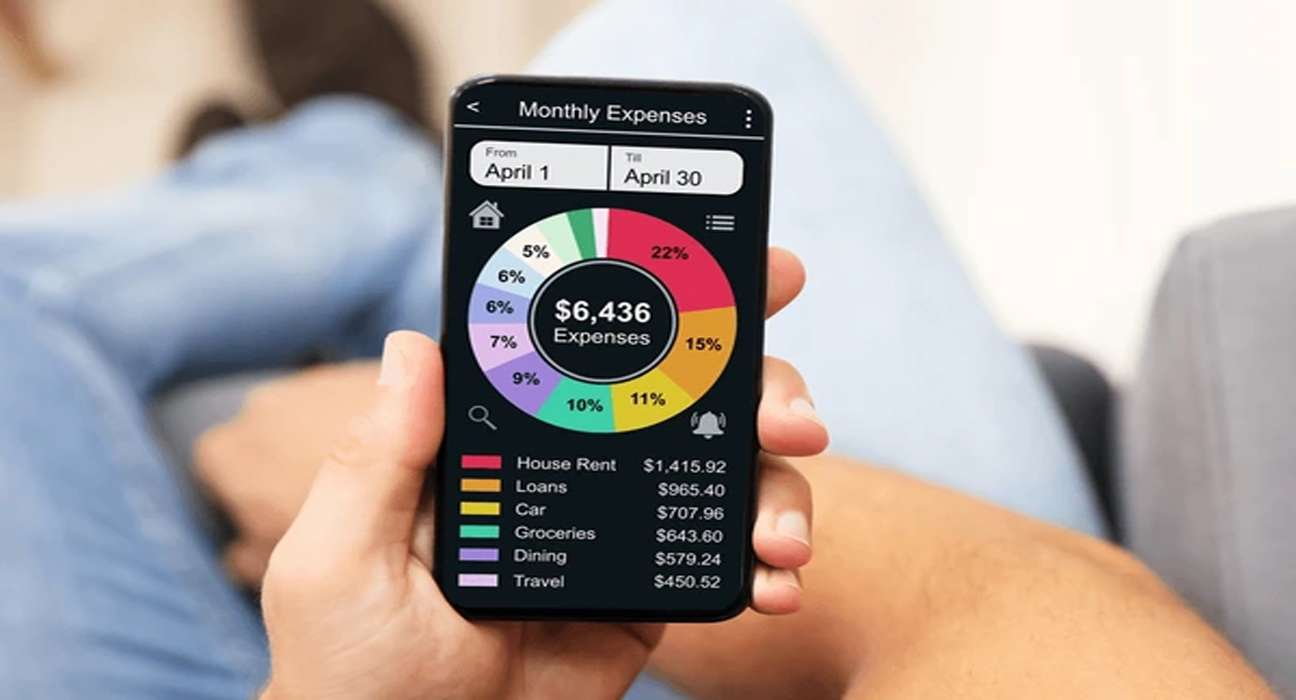Budgeting app flaws that you cannot afford to be out of your knowledge

Latest advancements in technology appear to have blown away the common man. Aimed at making the lives of people better and better, every year, new apps, software, robots and gadgets are sweeping in every sector, and personal finance is no exception. Having gained the trust of people, tech-savvies are working all the harder to introduce budgeting apps in the light of effective money management.
The demand for money apps is on the rise, but the most common reason for using them is people find it monotonous to maintain a manual spreadsheet. A plethora of budgeting apps are out there, and they all claim to have one similar feature that can help with money management, but, in fact, there is an apparent contradiction between what they claim and what they have been designed to do.
Have you ever tracked your expenses? You might have used a lot of budgeting apps using different budgeting methods, and you must have stopped. Why do you always stop in the middle? This is because budgeting apps have major flaws when it comes to managing and saving money. They have nothing to do with it.
Budgeting app flaws
There are a variety of apps, and yet none of them is a real success. Here are the reasons why you should not be completely reliant on these apps to get a handle on your financial problems.
- Budgeting apps are not personalised
A lot of people will have a lot of opinions on how they want to spend and save. While some of them will be prodigal, others will be tightwad. Some will be well-off while others will be badly off or living paycheque from paycheque. Of course, everybody will have unique goals, strategies and methods to keep a tight rein on their money. Unfortunately, apps have the same solution to offer to everyone: tracking and planning your expenses.
In order to gain good control of their money, some people may need to build a strong investment portfolio by investing in real estate, which is a good strategy for well-off people. However, this is not an area of concern among those who are badly off. Almost all apps will help you track payments, including the payments of debts like unsecured personal loans for poor credit, but they are not aimed at tackling big investments.
- Precise tracking is not possible
Nowadays, most transactions are done digitally. You can download transactions and categorise your expenses, but there are still chances that you end up scratching your head when you do not know where you spent £20 two weeks ago. UPI transactions make it more complicated for you when you do not mention the details while transferring money. What about the splitting transactions?
If you rely entirely on cash, you will have to record how you spent each penny manually. It is all but impossible to make a record of all transactions, from a coffee you buy in your workplace to a cigarette pack you buy. It means budgeting apps are not even competent to track the expenses that they boast of to encourage you to download them from an app store and start using them.
- A manual intervention is an indispensable part
Budgeting apps can do everything. You just need to link it to your bank account, and it will fetch all transactions. Everything will be in one place, so getting an insight into your financial position is easier. That is a wonderful thing.
Unfortunately, despite the use of advanced algorithms, it is not a magic wand that you will toss in the air, and you will get answers to all your queries. The app will work fine as long as you are dealing with Mcdonald’s, grocery stores, a local boutique and the like. Things become complicated when you buy a couple of items under different categories from an online store.
The app cannot automatically sort them out. Your intervention is a must here. In order to avoid the hassle, you can simply label them “internet purchase”, but there is no point. In order to track which particular category consumed how much portion of your income, you will have to put them in different categories.
- Apps cannot make you hold accountable
You set a spending limit for a week, and as soon as you are on the verge of overspending, it will start sending you notifications and alerts. No notifications are sent to you unless you have blown up your budget, and this unfortunate event can happen days before a week gets over.
Even though you are consciously aware of the fact that you are closer to your spending limit, you will keep spending unless you stop and track your expenses. Apps can simply send notifications and alerts, but under no circumstances can they make you hold accountable. Just notifications are not enough for you to keep money in your account.
The bottom line
Budgeting apps are just a small step towards the e-finance world. AI drives them, and it is their advanced algorithms that make them smart. They are able to provide high-quality services to you. In fact, they can help you with tracking your expenses. These apps are good for dipping your toe in the water and keeping the ball rolling, but when it comes to achieving your financial goals, including savings, these apps fall short.
Under no circumstances can these apps hold you accountable. These apps can send you push notifications, but unless you take up the charge by yourself, these apps will take you nowhere. These budgeting apps are not just meant to send you alerts when you are close to overspending, but they also send other fun and promotional notifications.
They get so lost in a myriad of those notifications that there is no point left in sending you alerts about your overspending. Despite the fact that AI drives these apps, you still need to intervene in maintaining and tracking transactions. It is still suggested that you consult a financial planner to take a holistic view of your personal finances and how you can cope with your situation.











